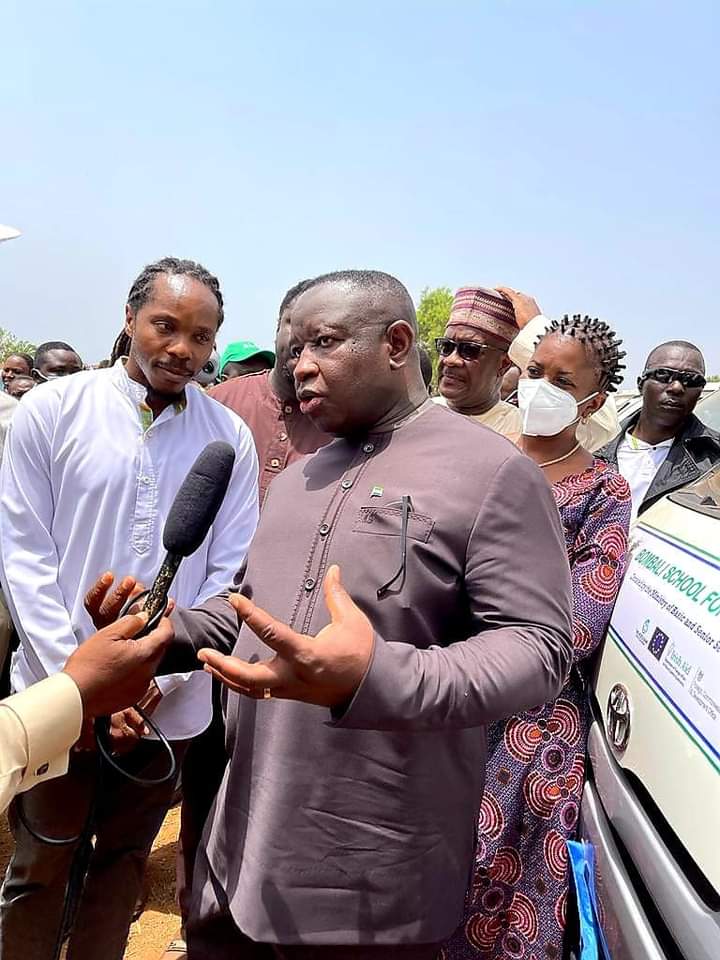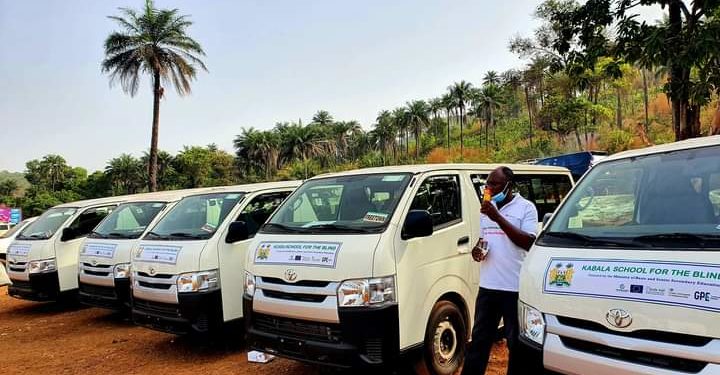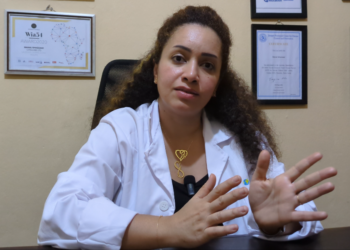Sierra Leone has launched a mobile health clinic, an initiative designed to bring healthcare services to the doorsteps of its citizens.
The Health-On-Wheels initiative, as it is called, is specifically targeted at some of the most out-of-reach communities in the country.
Officials say it is part of the government’s effort to attain its Universal Health Coverage (UHC) commitments.
President Julius Maada Bio officially launched the initiative at York Village in the Western Area Rural on Monday, March 7. He said the move is illustrative of his government’s desire to achieving its international commitments, like the UHC as well as its partnerships with various nations and multilateral institutions, according to a news dispatch from the presidency. He added that it was also in line with his administration’s efforts to restructure the national health sector.
The Health-On-Wheels initiative entails a fleet of four buses equipped with clinical and laboratory facilities which will move to communities to provide the services. The buses were donated by the Chinese government.
According to the World Health Organization, Universal health coverage means that all people have access to the health services they need, when and where they need them, without financial hardship. It includes the full range of essential health services, from health promotion to prevention, treatment, rehabilitation, and palliative care.

Attainment of the UHC goal is based on three strategic thrusts: Financial risk protection through expansion in enrolment and benefit delivery of national health insurance programme; Improved access to quality hospitals and health care facilities; and attainment of the health-related Sustainable Development Goals.
Minister of Health and Sanitation, Dr Austin Demby, said besides striving to bringing health care services to people in remote areas and poor communities, the Health-On-Wheels initiative also embraces and advances the quality of human capital development of the country, a key priority of the Bio Administration.
“The government of Sierra Leone, through the dynamic leadership of President Julius Maada Bio, will continue to strengthen the health care system of the country. More hospitals will be built and more refurbished throughout the country. This will be done to give access to health care services to all citizens, regardless of where you are,” Dr Demby said.
Isaac Ahemesah, Country Director of Health Development Partners, said the occasion marked a “significant milestone” in their collective drive toward achieving universal health coverage in Sierra Leone.
“The Health Development Partners recognise the efforts that the government and the Ministry of Health and Sanitation are making to establish the Sierra Leone Health Insurance Scheme, which when fully implemented will reduce financial barriers and enhance access to health service in the country,” he said.
ManoReporters learnt that the initiative entails an education component, with the provision of Special Needs Buses.
Minister of Basic and Senior Secondary Education, Dr David Moinina Sengeh, revealed in a social media post that an additional fleet of six buses was provided by the government for special needs institutions (Blind school Freetown, Deaf school Freetown, Blind school Bombali, Blind School Koidu, Blind School Kabala) to convey students safely to school.
“Without good healthcare, there’s no education. Without good education, there’s no healthcare. This is why both MBSSE and MoHS are closely working to adopt and continue the implementation of the School Health policy among other transformational projects,” Dr Sengeh notes.






















